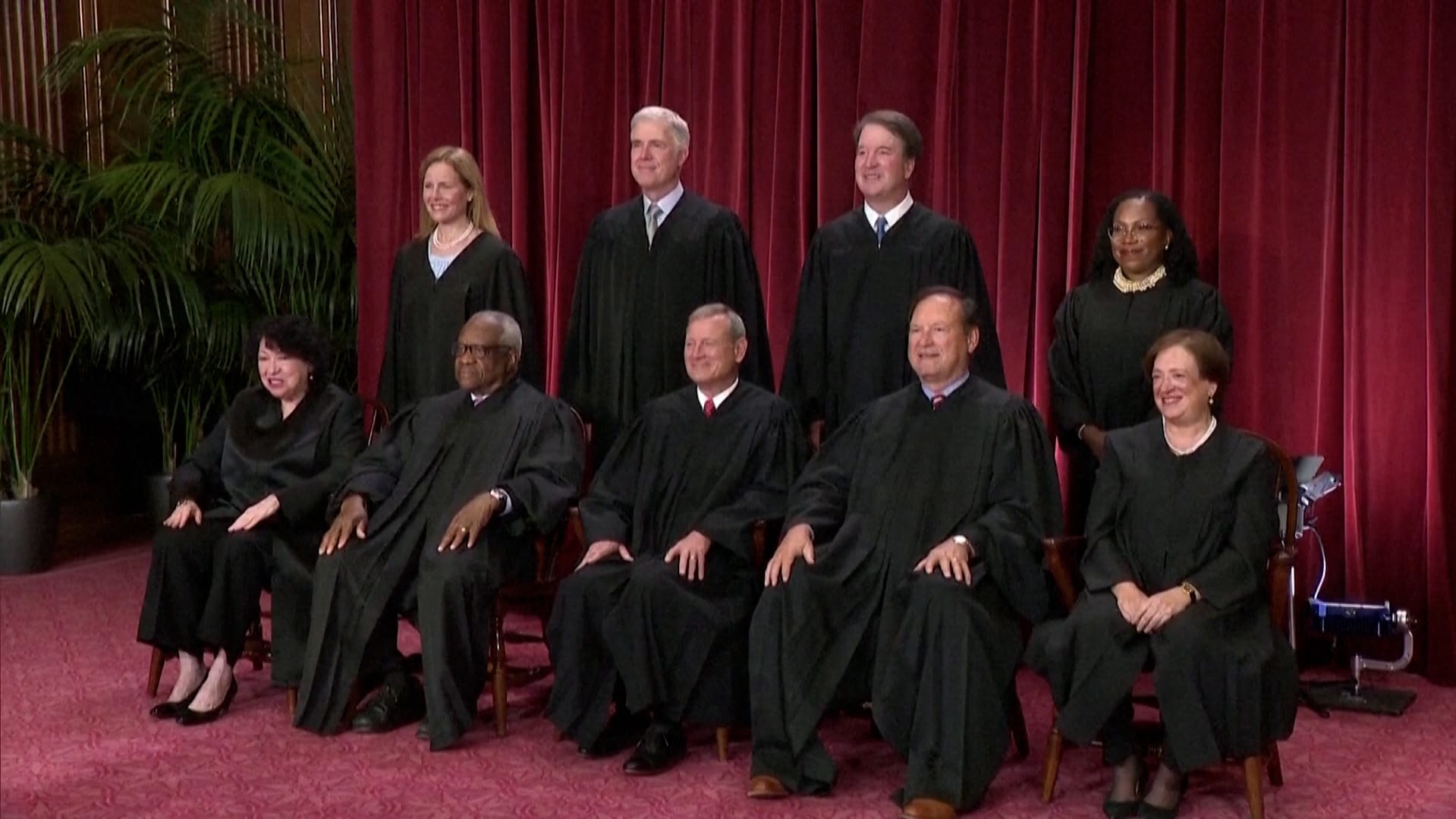In win for Trump, Supreme Court lifts limits on deportations to third-party countries
The court's three liberal justices dissented.

WASHINGTON − An ideologically divided Supreme Court agreed to pause a judge's order requiring migrants be given the chance to show they would be harmed if removed to countries other than their own, a win for the Trump administration's efforts to rapidly deport them.
"Fire up the deportation planes," the Department of Homeland Security said on social media.
The decision June 23 came over the objections of the court’s three liberal justices: Sonia Sotomayor, Elena Kagan and Ketanji Brown Jackson.
Sotomayor wrote that her colleagues are “rewarding lawlessness.”
“Apparently, the Court finds the idea that thousands will suffer violence in farflung locales more palatable than the remote possibility that a District Court exceeded its remedial powers when it ordered the Government to provide notice and process to which the plaintiffs are constitutionally and statutorily entitled,” she wrote in a sharply worded 19-page dissent joined by Kagan and Jackson. “That use of discretion is as incomprehensible as it is inexcusable.”
The majority did not give an explanation for their decision, which is common in emergency appeals.
Attorneys for the migrants said the decision has horrifying consequences but noted the Supreme Court's ruling was about a judge's intervention at an intermediate stage of the case.
"We now need to move as swiftly as possible to conclude the case and restore these protections," Trina Realmuto, executive director of the National Immigration Litigation Alliance, said in a statement.
The administration said the order lifted by the justices was preventing potentially thousands of deportations by requiring an "onerous set of procedures" aimed at preventing migrants from being sent to a country where they fear they could be persecuted, tortured or killed.
"The United States is facing a crisis of illegal immigration, in no small part because many aliens most deserving of removal are often the hardest to remove," Solicitor General John Sauer wrote in his emergency request.
He complained that the order was forcing the government to hold "dangerous criminals" at a military base in Djibouti in eastern Africa so they can contest their removal to South Sudan − a problem attorneys for the migrants said the administration created.
Sotomayor said the government is acting like an "arsonist who calls 911 to report firefighters for violating a noise ordinance."
U.S. District Judge Brian Murphy in Boston said the migrants need to be told where they are going and given a meaningful opportunity to tell the United States they might be harmed if sent there.
"This small modicum of process is mandated by the Constitution of the United States," Murphy wrote.
To back up his order, Murphy in part cited the Supreme Court's decision in April that migrants must be able to contest whether they can be removed using a wartime law.
On May 21, Murphy said the Trump administration violated his order by removing eight migrants to conflict-ridden South Sudan without giving them an opportunity to object.
The migrants' lawyers said the administration has “repeatedly sought to remove people as a punitive measure, to some of the most dangerous places on the planet, and with only hours’ notice.”
Many, if not most, of the migrants covered by the judge's order have no criminal convictions, the lawyers said. And those with serious criminal convictions who were chosen for the flights to Libya and South Sudan are equally protected under the law from basic human rights violations, they argued.
One of the migrants represented by the attorneys, a Guatemalan man who was deported to Mexico, was flown back June 4 after the judge ordered his return.
Murphy issued that directive after the Justice Department said it had wrongly told the court the man was not afraid of being sent to Mexico.